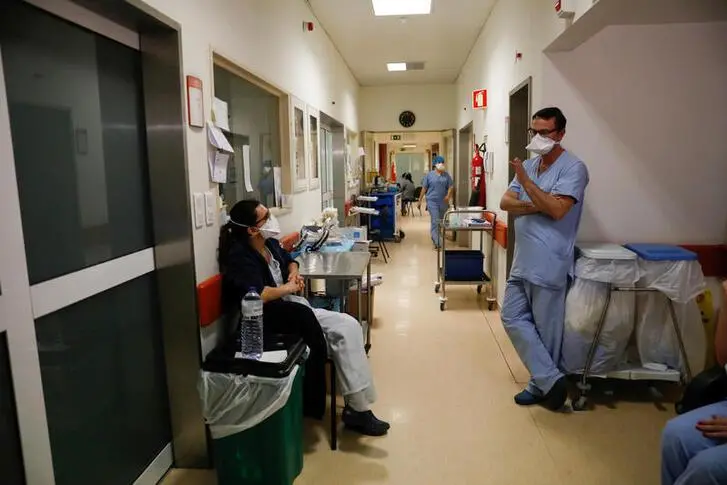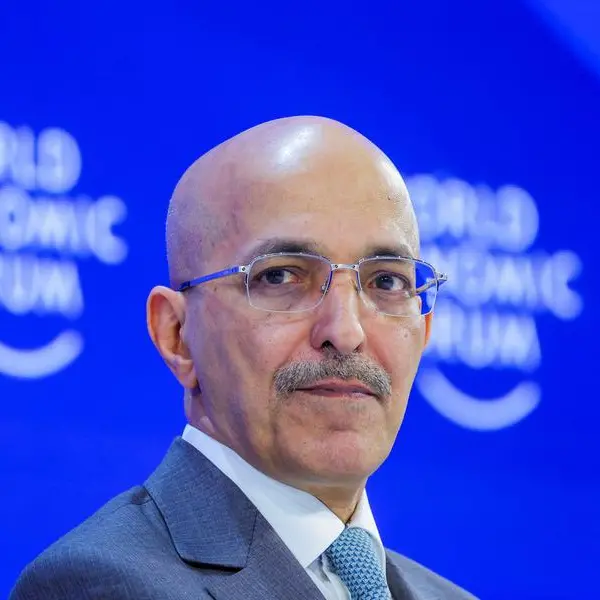PHOTO
LISBON- Portugal's central bank on Wednesday raised its economic growth forecast for this year to 4.8%, expecting a strong increase in exports and a recovery in private consumption from the second quarter onward after the lifting of most COVID-19 restrictions.
In March, while the country was in its second lockdown, the central bank predicted an economic expansion of 3.9%.
The central bank's governor, Mario Centeno, told a news conference that the "economic situation improved with the gradual lifting of lockdown measures", adding that growth in the current quarter "will practically offset" the 3.3% slump in the January-March period.
In its quarterly economic bulletin, the Bank of Portugal also said the economy, which last year contracted 7.6% in what was its worst recession since 1936, should grow 5.6% in 2022 and 2.4% in 2023.
"The projection points to a quick, albeit incomplete, recovery of the Portuguese economy, with the balance of risks biased upwards," the bulletin said.
The central bank expects exports to grow 14.5% this year, up from its March forecast of 13.7%, but the recovery of tourism revenues that make up most of the country's services exports will be slower and will stay below the 2019 level through 2023.
It said private consumption should increase 3.3% in 2021, versus its previous forecast of 2%. The unemployment rate is expected to end this year at 7.2%, below the previous forecast of 7.7%.
Centeno, who stepped down as Portugal's finance minister last year, said the central bank is forecasting that over the next three years accumulated savings in the economy will be 17.5 billion euros higher than predicted in December, representing 11.9% of household disposable income.
"It's a very significant amount in excess. It's clearly a growth cushion if households decide to translate those savings into increases in consumption," he said.
The bank sees gross fixed capital formation, which measures investment, increasing 7.6% this year, more than double the 3.6% projected in March, as Portugal benefits from the fund put in place by the European Union to spur a post-COVID-19 recovery.
Centeno warned that those funds can only be used during the next three years and companies needed to make sure the money was not wasted.
(Reporting by Sergio Goncalves, Editing by Andrei Khalip, Mark Heinrich and Paul Simao) ((sergio.goncalves@thomsonreuters.com; +351213509204; Reuters Messaging: sergio.goncalves.reuters.com@reuters.net))





















